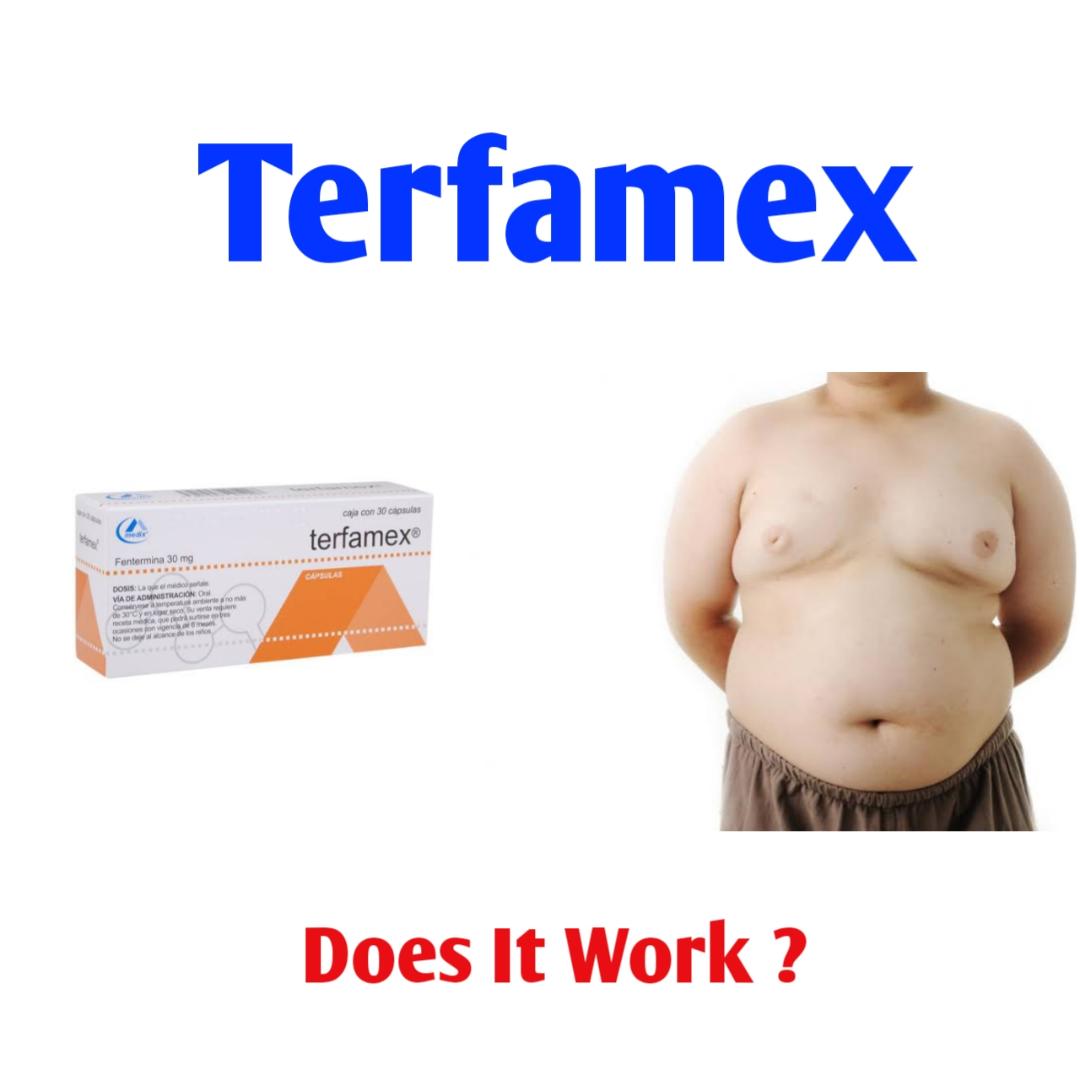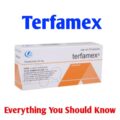Is Terfamex Good For Weight Loss?
Terfamex (Adipex-P, Lomaira) is an amphetamine-like prescription medication used to suppress appetite. It can help weight loss by decreasing your hunger or making you feel full longer. The active ingredient (Phentermine) is also present in combination with topiramate for weight loss (Qsymia).
Like other prescription weight-loss drugs, Terfamex is intended to be used as part of an overall weight-loss plan. It is indicated for people who are obese, and who have failed to lose enough weight with diet and exercise alone — not for people who want to lose just a few pounds.
Terfamex is a Schedule IV drug, a classification given to drugs that have a potential for abuse, although the actual potential appears to be low.
Common side effects of Terfamex include:
- Increased heart rate
- Tingling or prickling feeling in hands or feet
- Dry mouth
- Sleeplessness
- Nervousness
- Constipation
Although Terfamex is one of the most commonly prescribed weight-loss medications, it isn’t a good option if you have heart disease, high blood pressure, an overactive thyroid gland, or glaucoma. It also isn’t for women who are pregnant, may become pregnant, or are breastfeeding.
Terfamex use during pregnancy and breastfeeding
There is no data on whether Terfamex can cause fetal harm when administered to a pregnant woman or can affect reproductive capacity. That’s why these drugs should be given to a pregnant woman only if clearly needed.
Because of the potential for serious adverse reactions in nursing infants, a decision should be made whether to discontinue nursing or to discontinue the drug, taking into account the importance of the drug to the mother.
The safety and effectiveness of Terfamex in pediatric patients have not been established.
Special instructions
You healthcare professional should be informed of the following conditions:
- If you are pregnant or plan to become pregnant or if you are breastfeeding (lactation).
- If you are taking prescription or nonprescription medications, herbal preparations, or dietary supplements.
- If you have allergies to medicines, foods, or other substances.
- If you have a brain disorder or spinal cord, narrowing of the arteries, high blood pressure (hypertension), diabetes, or high cholesterol or lipids.
Terfamex drug interactions
The following drugs can interact with Terfamex:
Dexfenfluramine, fenfluramine, furazolidone, or inhibitors of MAO (eg., phenelzine) because of the risk of serious side effects such as headaches, high blood pressure, low pulse, elevated temperature, or fatal lung problems.
Inhibitors of serotonin reuptake (such as fluoxetine).
Guanadrel or guanethidine because their effectiveness may be decreased by Terfamex.
Terfamex in case of emergency / overdose
In case of an overdose of Terfamex, call your local poison control center or local emergency services.
Manifestations of acute overdosage with Terfamex include restlessness, hyperreflexia, tremor, confusion, assaultiveness, rapid respiration, hallucinations, panic states. Fatigue and depression usually follow the central stimulation. Cardiovascular effects include hypertension or hypotension, arrhythmia, and circulatory collapse. Gastrointestinal symptoms include vomiting, nausea, diarrhea, and abdominal cramps. Fatal poisoning usually terminates in convulsions and coma.
Management of acute Terfamex intoxication is largely symptomatic and includes lavage and sedation with a barbiturate. Hemodialysis or peritoneal dialysis is ineffective and not recommended in this regard.






